The purpose of the Party is to bring about the election of BC Libertarian Party candidates to the British Columbia Legislative Assembly in promoting the following core principles.
Party Principles
Our Values
Following from the stated Party Principles, these policy statements (adopted at our 2022 Annual General Meeting) are the foundational framework on which all party policies are to be built upon:
Property Rights: Whereas the right to property is natural and self-evident, we advocate private property rights from both an ontological and utilitarian perspective. We affirm that private property rights extend from self-ownership and the scarcity inherent to our material existence. We condemn all fraud and initiatory violence towards a person’s life, liberty, and property. We contend that private property is the best way to reduce and reconcile conflict between individuals. We advocate for the creation of a British Columbia Constitution that enshrines and protects property rights for all British Columbians.
Free Expression: Whereas the right to free expression is a cornerstone of civil society, we believe that all individuals should be free to express and articulate their thoughts and opinions without fear of censorship or
violent retaliation, provided that the individual does not incite fraud or violence against any other person or their property. We view limitations of free expression as antithetical to a free and open society, and as such, would
repeal any legislation that limits the freedom of British Columbians to peaceably express themselves. We take no stance on the personal, cultural, or social preferences of individuals or groups. One’s lifestyle is an extension
of their property rights. Thus, no individual or group can rightfully claim jurisdiction over the lifestyle of another.
We assert only that any and all lifestyle choices must not violate the property rights of others, and we categorically reject all forms of identity politics as nothing more than weaponized tribal collectivism that is antithetical to individualism and civil society.
Economics: Whereas economics is the study of human action in the context of scarcity, we recognise the Austrian School of Economics as the preeminent body of economic science, whose analysis acts as a polestar, informing and serving as the foundation of our political policy prescriptions. As such, we reject all government monopolies and advocate non-corporatist privatisation of monopolistic government agencies, departments, and ministries where possible. We recognise that British Columbians deserve freedom of choice in the services they choose to use, and that a genuine free market provides higher quality and lower costs of those services. We categorically reject socialism, defined as the non-private collective ownership of resources.
Autonomy & Decentralisation: Whereas freedom of association manifests itself politically in the form of absolute right of self-determination, we support decentralisation – subsidiarity, secession, nullification, and localism – of political units down to the individual as a means of expanding choice and competition in governance for all individuals. We recognise and affirm that the State is not the same thing as governance. We reject the Federal government of Canada’s infringement into areas of Provincial jurisdiction. We will initiate
discussions of constitutional reform for the purposes of negotiating a better deal for British Columbia within confederation, to add property rights protections to the Canadian Bill of Rights, and to establish explicit and
enumerated limits on the role and scope of all levels of the State in Canada. Furthermore, we affirm that section 121 of the Constitution Act, 1867 is clear; All Articles of the Growth, Produce, or Manufacture of any one of the
Provinces shall, from and after the Union, be admitted free into each of the other Provinces. As such, we advocate for an immediate and unilateral lifting of all barriers to free trade of people, goods, and services between British Columbia and the other provinces of Canada. Should these negotiations fail to produce an
acceptable result for British Columbians, we will move for a peaceful divorce from Canada to make British Columbia an independent nation.
Omissions: Our silence about any other particular government law, regulation, ordinance, directive, edict, control, regulatory agency, activity, or machination should not be construed to imply approval. We seek to enunciate our top priorities, not the entirety of our positions.
Meet our Executive Council

As a father, he is insistent that we need to leave a mark on the landscape greater than our predecessors. What we leave behind for our children needs to be more fertile for opportunity than the world we were brought up in. Conservatives are just Progressives driving the speed limit, heading in the same direction, so Libertarians are here to say ‘Pump the brakes,’ we need to make some serious changes!
Alex is a trained journalist and worked just under a decade in the media industry. It’s during his college years he realized he was a classic liberal – someone who believes that private citizens know better how to live their lives than a government. Journalism used to be about questioning authority and asking hard questions…but unfortunately the corporate press has become an arm of the state and can no longer be trusted to stand up for the vulnerable in our society.
Alex now works as a department manager for a major grocery store and sees firsthand the challenges British Columbians have in paying for necessities. Governments’ monetary and fiscal policies have led to the price inflation we’ve seen, forcing the most-marginalized residents of our province to make difficult decisions: heat or eat. In a nation and province as rich as the one we live in the state should not be forcing its residents to make choices like that. Out-of-control government spending costs productive British Columbians and also hurts those on fixed incomes.
He lives in Langley, just a quick jaunt from the US border, downtown Vancouver, a ferry terminal, and the less inhabited corners of the Fraser Valley. But he also realizes that the strength of our BCLP is our more rural roots in the Okanagan, Interior, and Northern towns. We need to spread our message of liberty to all corners of our spectacular province.
No matter why you came to this party, Alex wants to welcome you with open arms. Are you worried about the poor standard of healthcare being provided by our state-run monopoly? Are you concern about the service by the state-run auto insurance provider ICBC? Do you have questions about frivolous government spending? Are you angry about the lingering medical apartheid during – and after – the SARS-CoV2 pandemic?
This is the place for you.
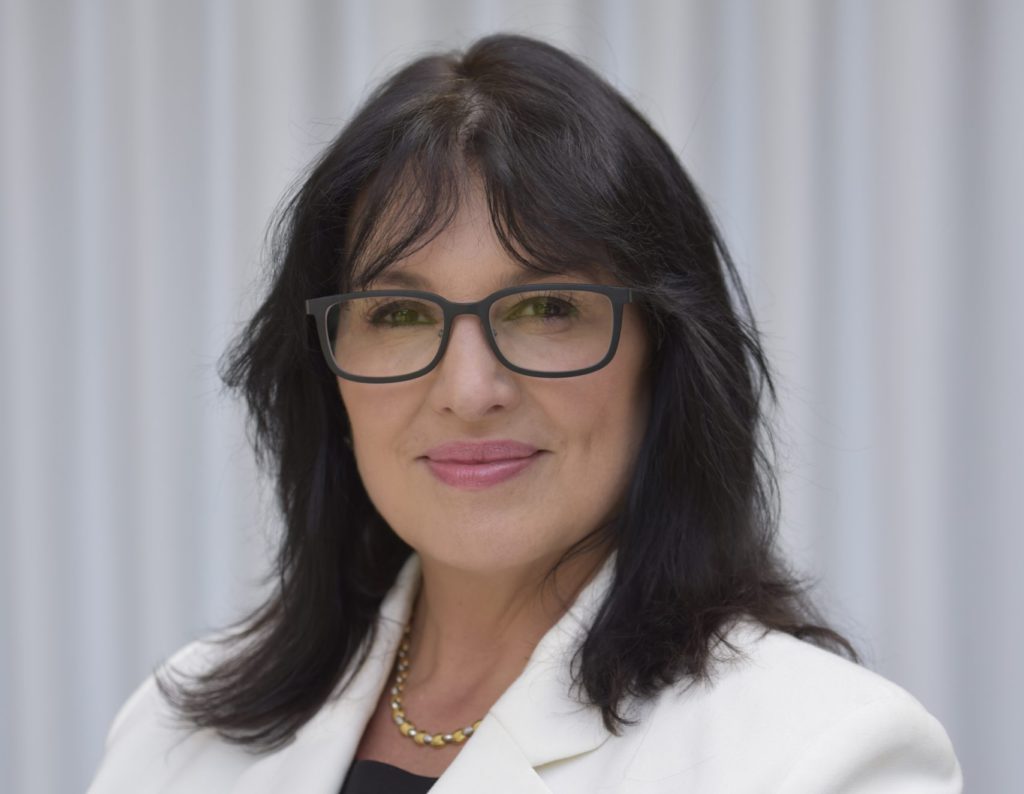
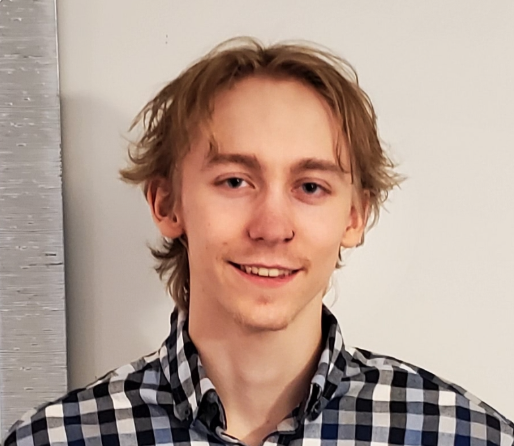
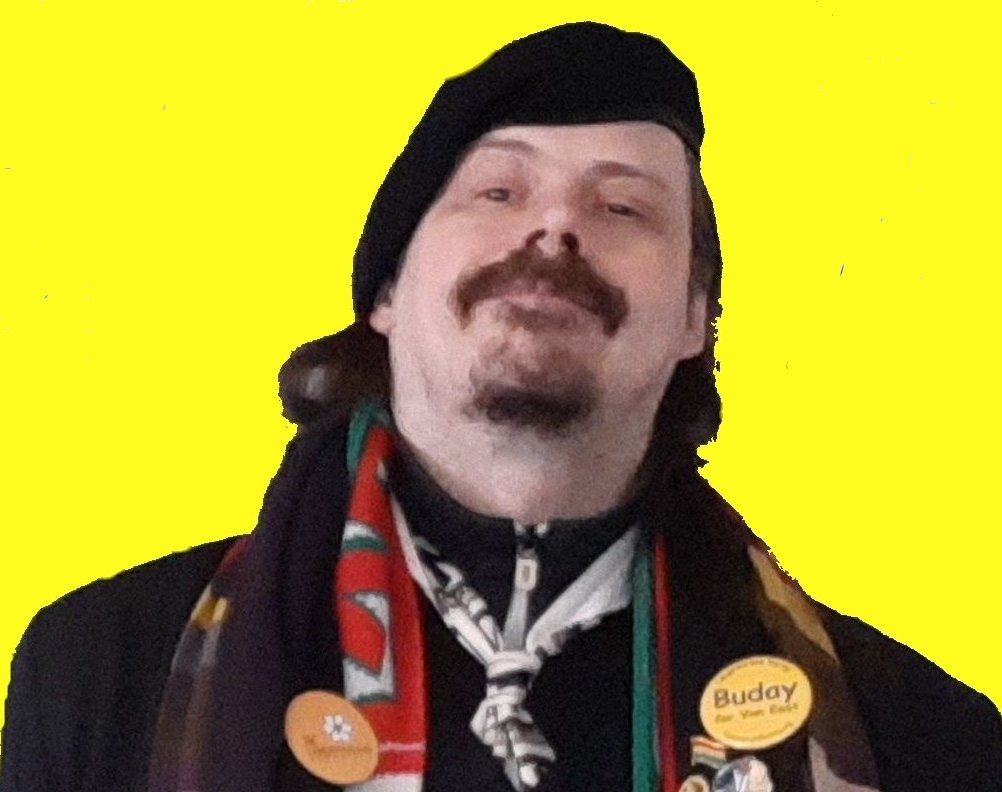
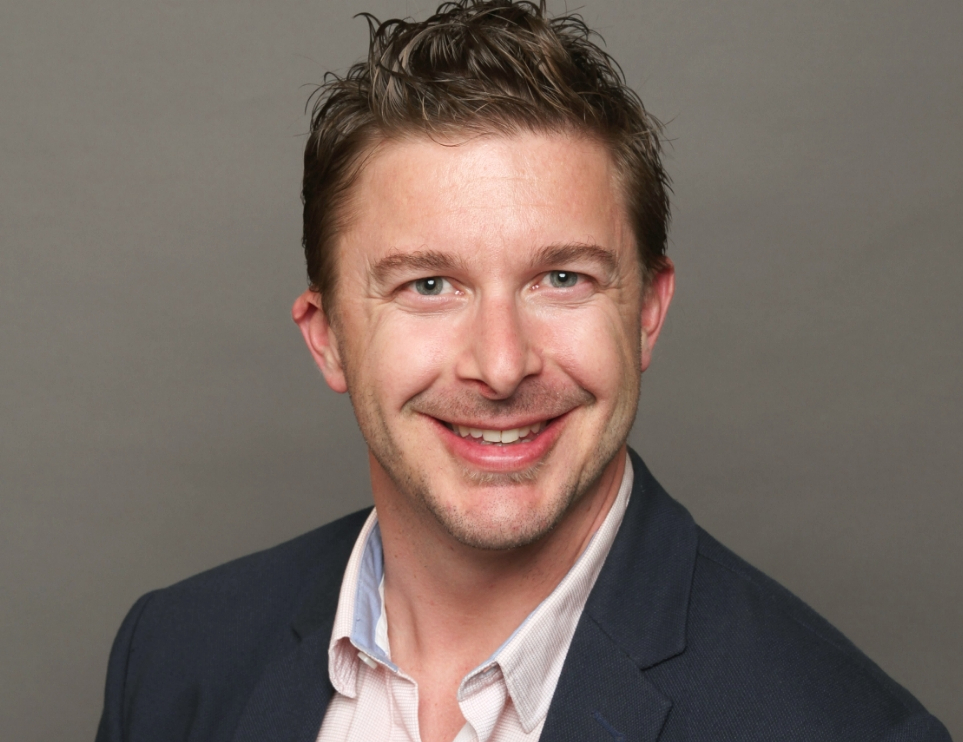
Shaun is also the President of the Party's Metro Vancouver Constituency Association.
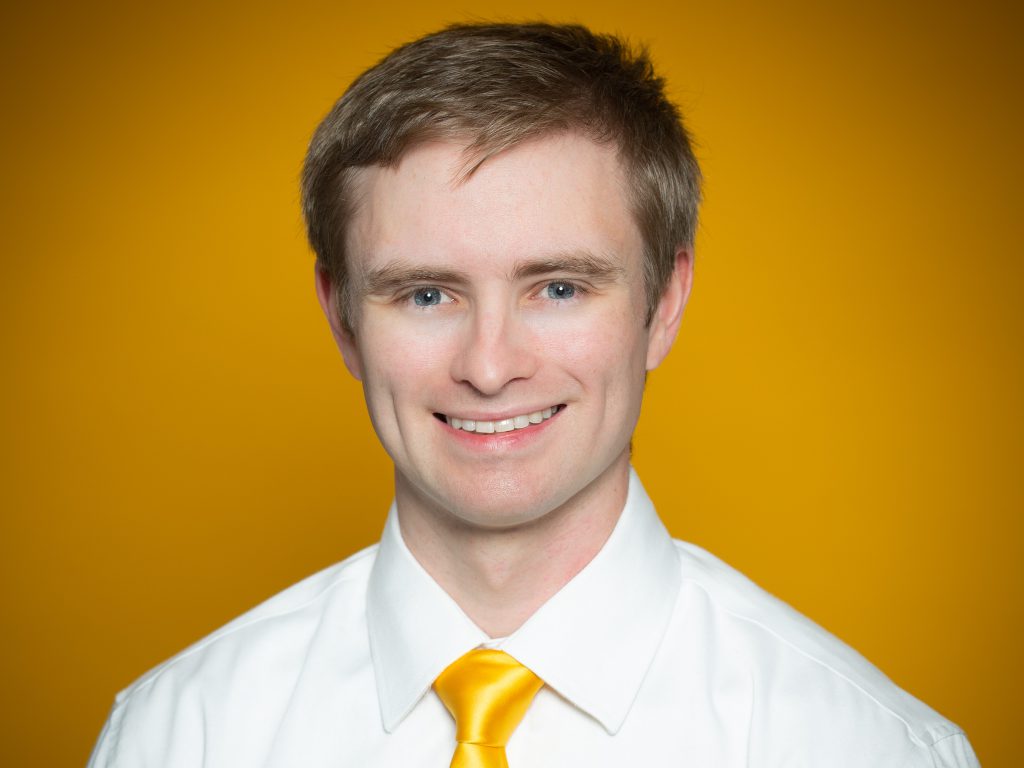
Libertarian party. BC is where I live, work, play and have called home all
my life. I joined the party in 2017 after educating myself on economics
and personal liberty, along with growing up with the mindset of not
waiting for other people to get things done but putting in the work.

Colton first entered the realm of libertarian thought after hearing the phrase “Taxation is Theft” while attending university. This simple phrase intrigued him and prompted him to start researching libertarianism in his spare time. Colton quickly began to identify as a libertarian due to the strong message of freedom and liberty as core values. Not long after, Colton officially joined both the BC Libertarian Party and the Libertarian Party of Canada in 2018.
Although Colton’s involvement in the movement was limited at first, the provincial government’s reaction to the Covid-19 pandemic in 2020 and beyond, prompted him to lend his financial support to the party. The party’s continued opposition to Covid mandates, as well as other initiatives, eventually led Colton to seek more direct involvement in the party by attending the AGM in 2023. During the AGM, he was elected as an Executive Director.
Colton was nominated to represent party members from outside the lower mainland. In addition, Colton brings technical expertise in IT to the board. Although Colton is interested in all initiatives which reign in the expansion and reach of the government, his priority is to guarantee that the government will never again impose the tyranny seen during the pandemic.
